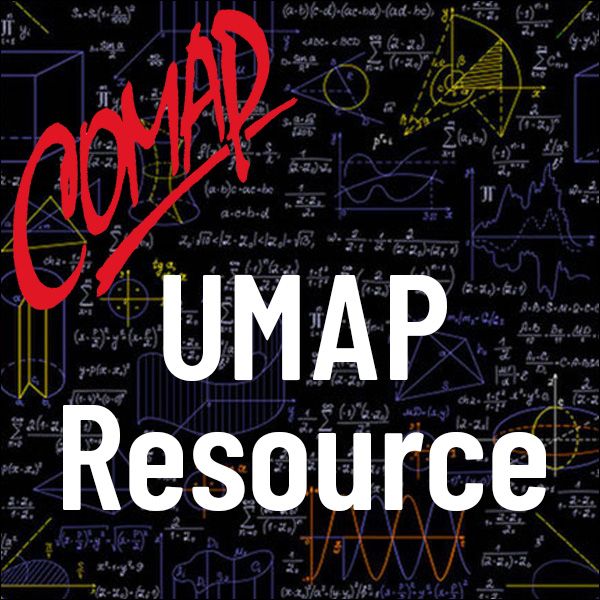Undergraduate Research Opportunities in Combinatorial Games
Author: David Wolfe
Combinatorial game theory was axiomatized by Conway [I9761 and was developed by Berlekamp, Conway, and Guy [19821. It has provided insight into many mathematical games (including games on graphs, Nim variants, and Sprouts) as well as some more popular games (most notably, Dots-and- Boxes). More recently, Conway's theory has been applied to Go, a game popular throughout the world [Berlekamp and Wolfe 1994].
Combinatorial game theory is concerned with games of complete information where players take turns (e.g., chess). Complexity arises from the huge game tree of a typical game. The field of games provides a rich source of interesting open problems, many of which are approachable to the undergraduate because:

Mathematics Topics:
Application Areas:
You must have a Full Membership to download this resource.
If you're already a member, login here.